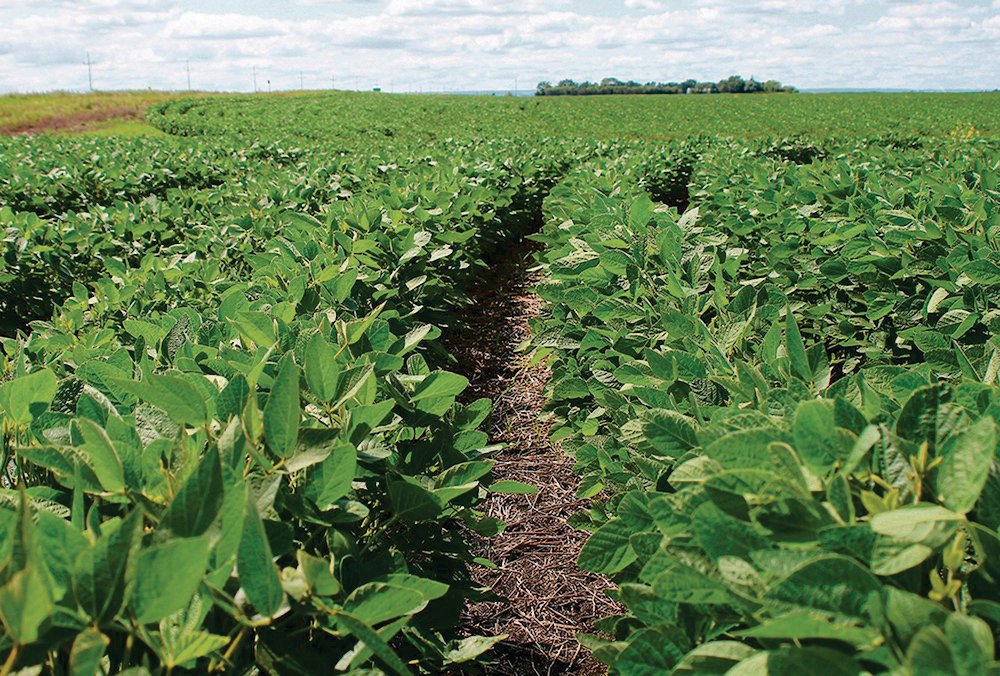Sustainability program intended to ease soybean access to EU

Glacier FarmMedia – Canada’s soybean industry is attempting to secure broader access to the European Union and other key markets.
“Soy Canada is in the process of implementing a verified sustainability program for Canadian soybeans,” said Brian Innes, executive director of the organization.
Consultations with the association’s members and other players are slated to take place this fall.
Why it matters: Customers in the European Union and other markets are increasingly demanding sustainable soy, and require a certification program for verification.
The organization intends to work with a certification partner on developing the program, with the goal of implementation in 2022, said Innes.
There are already more than a dozen certification schemes recognized by the EU. One of those is a program in the U.S. underwritten by the U.S. Department of Agriculture and administered by the U.S. Soybean Export Council.
The European Commission recognized the U.S. soy industry’s compliance scheme in January 2019.
“With this recognition, certified U.S. soybeans can now be used for biofuel production in the EU and count towards the RED (Renewable Energy Directive) targets,” stated the USDA’s Foreign Agricultural Service (FAS) in a recent report.
The target for the EU’s transportation sector is to have 14 percent of its fuel needs met by renewable energy sources by 2030, including 3.5 percent from non-crop-based biofuels.
Canada ships both genetically modified and non-GM soybeans to the EU. Typically, about one-third of Canada’s exports are non-GM. That amounted to 300,000 tonnes in 2019 and in 2020.
Innes noted that while there is no national soybean sustainability certification program in Canada yet, some grain companies operating in this country have their own programs and can sell product to the EU and other places.
The certified sustainable soybeans that are being shipped to the EU are for the food market. He does not know of any Canadian exporter selling certified sustainable soybeans to the EU biodiesel market.
Richardson International, G3, Viterra and Parrish & Heimbecker are all selling certified sustainable canola to the EU biodiesel sector.
Soybean oil is the fifth most popular oil used in the production of EU biodiesel and renewable diesel, with an estimated 950,000 tonnes consumed in 2021, according to the FAS.
Rapeseed/canola oil leads the way. An estimated 5.8 million tonnes of that oil are expected to be consumed by the sector this year, followed by 3.4 million tonnes of used cooking oil, 2.63 million tonnes of palm oil and 1.15 million tonnes of animal fats.
The EU is phasing out palm oil-based biofuels by 2030. It has been deemed unsustainable due to the industry’s practice of destroying rainforest to plant palm trees.
That means there will be 2.63 million tonnes of renewable oil feedstock up for grabs over the next nine years.
Innes noted that certification programs are not just for the EU biofuel industry. They are becoming an increasingly popular requirement for exports to the soybean food and feed sectors as well in the EU and Asia.
This article was originally published at The Western Producer.
Source: Farmtario.com

